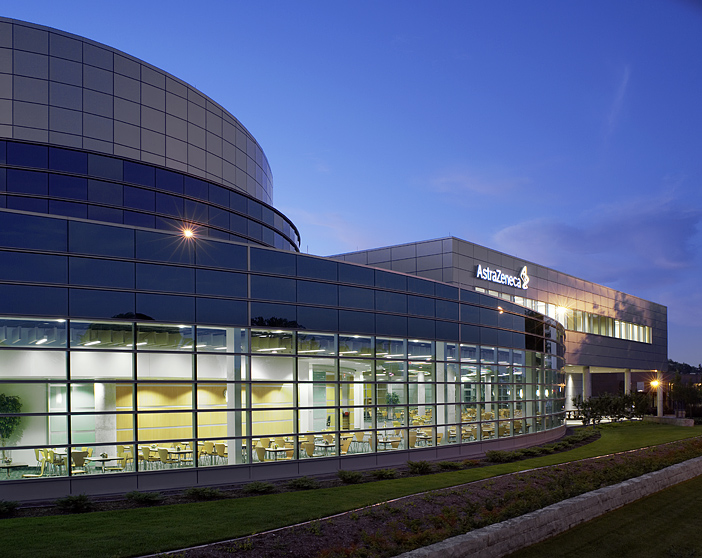FDA verdict on Enhertu in HER2-low breast cancer due before year-end

AstraZeneca and Daiichi Sankyo will hear back from the FDA before the end of 2022 on their license application for Enhertu in HER2-low breast cancer – an indication which could drive the drug into multibillion-dollar sales territory.
The two partners said this morning that the FDA will review Enhertu (trastuzumab deruxtecan) under its real-time oncology review process as well as Project Orbis – a project run by the FDA and other regulators that aims to allow patients faster access to new cancer treatments.
Enhertu also has a six-month priority review from the US regulator, so a decision on its new use in metastatic, HER2-low breast cancer should be made within six months.
The review follows the publication of stellar results for Enhertu in the DESTINY Breast-04 at this year's ASCO cancer conference, which showed that the HER2-targeting antibody-drug conjugate (ADC) reduced the risk of disease progression or death by 49% and improved overall survival by 36% compared to chemotherapy when given as third-line treatment.
That translated to an extra six months of life – from 16.8 months to 23.4 months – a result which AZ's head of oncology R&D Susan Galbraith said "will redefine how we classify and treat metastatic breast cancer."
Enhertu is already approved as a second- and third-line therapy for HER2+ metastatic breast cancer and a second-line therapy for HER2+ metastatic gastric cancer, which drove sales to $426 million in 2021, more than double what it made in the prior year.
Breast cancer classed as HER2-positive – defined as an immunohistochemical (IHC) score of three or more – accounts for somewhere between 20% to 25% of all patients with the disease. However, up to 55% of all patients with breast cancer have tumours with an IHC score of one or two – the HER2-low range included in DESTINY Breast-04.
Approval in that broader patient range could unlock $3 billion in additional sales for Enhertu, according to analysts at Credit Suisse. Meanwhile, additional studies are also underway to see if the IHC threshold can be pushed even lower in the HER2-low breast cancer population.
The ADC is also filed for approval in HER2-low breast cancer in Europe and Japan, said AZ and Daiichi Sankyo in a statement. Meanwhile, the drug has been filed with the FDA as a second-line therapy for HER2+ non-small cell lung cancer (NSCLC), also with a priority review.













